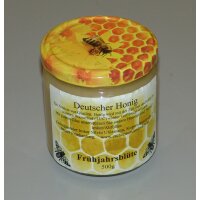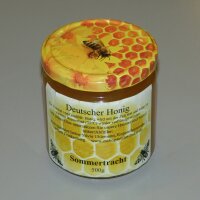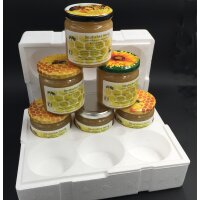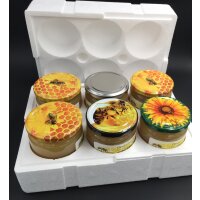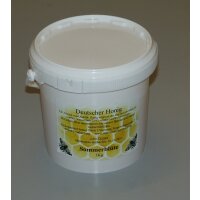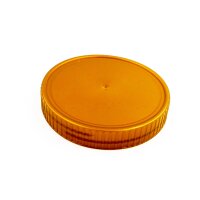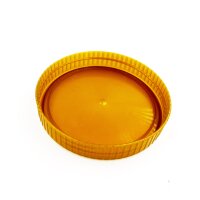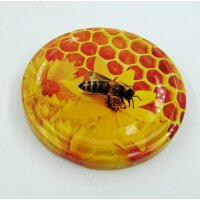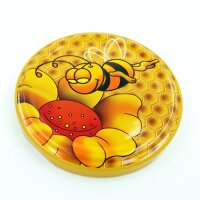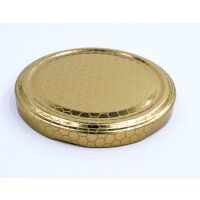Honey in a honey jar
Honey from the beekeeper Sweet, aromatic and natural honey is a popular food. Nowhere in the world is so much of it consumed as in Germany. Every German eats an average of about one kilogram of honey a year. But that's just two jars of honey. But the demand is considerably greater than the supply of local beekeepers, but that is what makes German honey so valuable. Can he only develop the properties promoted in the said health if he comes from native plants. This is how bees make honey Honey is a pure, untreated natural product. Its production, the types of honey and its marketing are regulated in the Honey Ordinance. Bees collect nectar and produce honey in order to have energy-rich Narung for the winter. So that the bee colony can survive the cold season. To do this, they first collect flower nectar in their honey stomach, a kind of goiter. Back in the beehive, pump it up or choke it up and hand it over to the other working bees. The body's own enzymes are added to the nectar, which later make honey so valuable and remove excess water. The hive bees initially store the sweet mass in open honeycomb cells, where water continues to evaporate. If the honey is dry enough, the workers cover the honeycomb with wax, which they produce themselves. Bees also use the so-called honey dew. The honey that the bees make of it is particularly dark and aromatic. It is offered as forest or fir honey.
Deutscher Honig aus eigener Imkerei
Plastic lid for 500g honey jar
Twist off lid gold for 250g honey jar
Twist off lid TO66 honeycomb with bee for 250g honey jar
Twist Off Lid TO66 flower bee honeycomb for 250g honey jar
Twist Off TO66 lid gold with honeycomb for 250g honey jar
Twist off lid TO82 rose for 500g honey jar
